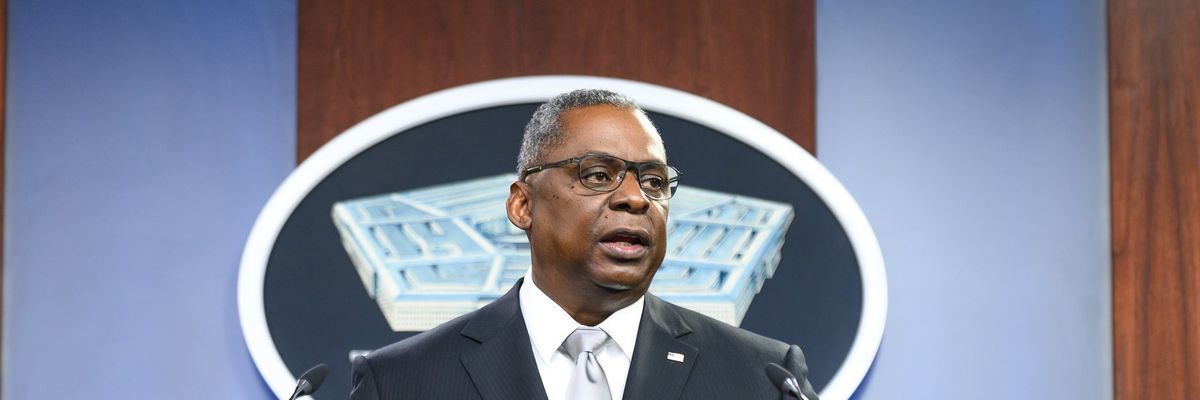The White House dropped this little nugget on the Friday before the Labor Day weekend: it wants a new aid package totaling $13.7 billion, on top of the already approved $40 billion for Ukraine from May. We are just now getting some idea of what and why it wants the money now, but there are number of questions remaining.
Apparently members of Congress are noticing too, as they got back from break today. Sen. Jon Tester (D-Mont.) told Defense News that he is asking the Secretary of Defense for a run down.
“I’m not opposed to it; I just want to know what’s in it,” said Tester. Armed Services Committee members Sens. Tim Kaine, D-Va., and Thom Tillis, R-N.C., are also looking for a briefing, according to the website.
So what do we know?
According to our own reporting, the White House and Pentagon have announced over $12 billion in weapons transfers to Ukraine this summer. This is from the $19 billion earmarked for military assistance out of that $40 billion package (the rest going to humanitarian and economic aid). There should be some $6 billion left for weapons, according to the math. But the Defense News article is vague: It just suggests (via a quote from Armed Services Committee Chair Jim Inhofe) that there is only "roughly" $2.8 billion left in Presidential Drawdown Authority funds, which takes directly from the stockpiles. There are other streams available too.
According to Defense News, the new package is in addition to all that and would require Congressional approval. The $13.7 billion reportedly includes $11.7 billion for "security and economic assistance" (some $7.2 billion of that for military aid) through December. It also seeks an additional $2 billion to reduce domestic energy costs driven up in part by the war.
A further breakdown:
The $7.2 billion in new Ukraine (military) aid includes another $3.7 billion in presidential drawdown authority and a further $1.5 billion to replenish items sent to Ukraine from U.S. stockpiles. Another $3 billion, under the Ukraine Security Assistance Initiative, would allow the Pentagon to contract for new weapons and equipment for Ukraine.
Separately, the Pentagon would get just under $1.6 billion to continue the U.S. troop presence bolstering NATO’s eastern edge after Russia invaded.
Inhofe, of course, is cross that there isn't more money in the request, noting that the money from the first package expires Oct. 1. He says they should have enough for $2 billion per month in PDA funds, which is what they had in the last pot of dough.
“This aid package is insufficient to provide the Ukrainians with what they need to win,” Inhofe said on Twitter. “The Biden admin is now explicitly arguing to provide Ukraine with less military aid than Congress gave them several months ago in a massive bipartisan vote. Congress will have to lead again.”
“It’s clear that Congress will have a lot of work to do to improve a Ukraine aid package when we return."
The White House apparently wants to push this through the major continuing resolution bill that funds the government through December. Some Republicans are instead calling for a "clean" stand-alone bill (which would be more open to debate).
What we do know is there is a lot of money and weapons sloshing around and it is difficult to keep track of it all. We also know that the White House is digging in for the long war, even reportedly planning for a separate named command with a general and its own budget. We also know the Pentagon is running out of its own stockpiles. It's a Washington shell game — look away for a second and you may lose the thread. We'll do our best to watch, and keep updating.
















